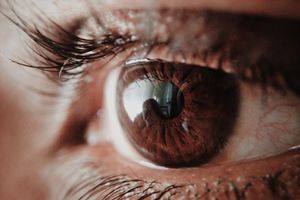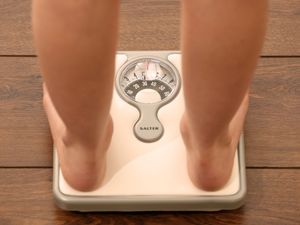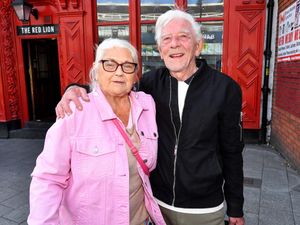Coronavirus: Blind and visually impaired should be on at-risk list, says charity
Thousands of blind and visually impaired people across the Black Country and Staffordshire should be included on the Government’s list of those most at risk from coronavirus, a charity says.

The Royal National Institute of Blind People (RNIB) has warned that some people with sight loss are struggling to get food as they have been excluded from priority access to online shopping.
NHS Digital data shows that 10,515 people across the region were registered as being blind or partially sighted in March 2017 – the latest figures available.
The figure includes 4,505 people in Staffordshire, 2,035 in Dudley, 1,530 in Wolverhampton, 1,255 people in Walsall and 1,190 in Sandwell.
Campaigners say they have been excluded from a list of 1.5 million people deemed to be at higher risk of serious illness if they contract Covid-19.
Supermarkets, pharmacies and other businesses are working to provide those included on the list with deliveries of essential items.
Keith Valentine, development director at the RNIB, says the Government has "got to include blind people in the definition" of those who need extra help.
“People are scared and worried about whether they are going to get food or medication. This is what is coming through our helpline,” he added.
“They’re literally saying ‘how am I going to feed myself?’ We’ve got people ringing on behalf of parents because they can’t reach them.
“Blind or visually impaired people need to be included on this list. In some cases, it’s literally a matter of people going hungry.
Difficult
"I would ask people making those decisions to close their eyes and then think about what they would do in these circumstances."
In England almost 300,000 people were registered as blind or partially sighted in March 2017.
The RNIB has launched an online petition calling on the Secretary of State for Environment, Food and Rural Affairs George Eustice to work with businesses to ensure blind people are able to buy the goods they need online.
A Department for Environment, Food and Rural Affairs spokesman said: "We are working quickly to support people who do not fall into the category of being clinically vulnerable, but still need help getting essential food supplies.
“This could include those who are elderly, disabled or have health conditions that make it difficult for them to get the food they need.
“We are speaking to food retailers, delivery organisations and volunteer groups to help prioritise those individuals to access essential food.
“Wherever possible, people should continue to rely on friends, family and wider community support.”




